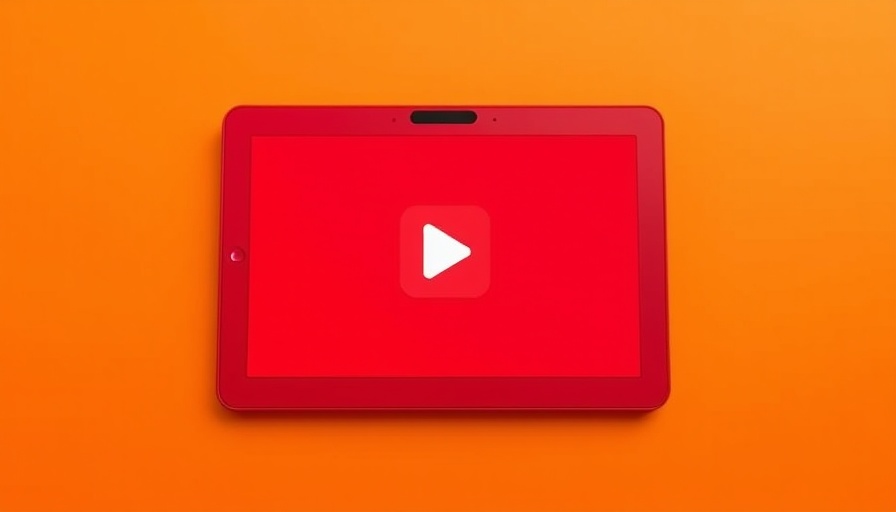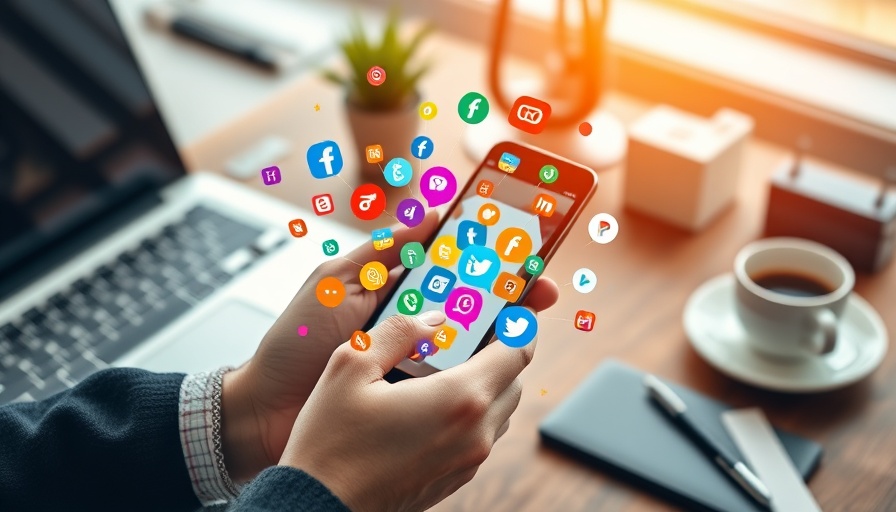
The Transformative Power of AI in Beauty Marketing
In an era where technology shapes marketing landscapes, Unilever has embarked on a groundbreaking journey with its generative AI Beauty AI Studio. This innovative system enables Unilever to produce hundreds of creative assets per product, marking a significant shift from traditional marketing methods. Previously, the company would create around 20 assets for a campaign; now, thanks to its new framework in 18 markets, that number has skyrocketed to an impressive 400 assets for each product.
Unveiling the AI Assembly Line
Built in collaboration with Brandtech Group, Unilever’s AI assembly line utilizes Pencil Pro, a generative AI application that taps into advanced language models and integrates with platforms like Meta and TikTok. This cutting-edge approach not only streamlines content creation but also leverages insights about target audiences to generate tailored images and videos. This process, known as "digital twinning," allows brands to create unique marketing materials that resonate more effectively with consumers.
The Benefits of AI in Marketing: Efficiency and Effectiveness
Unilever’s system has already demonstrated notable results. According to Selina Sykes, global vp and head of marketing transformation, the AI technology has enabled the company to produce creative assets 30% faster than before. Moreover, performance metrics—such as video completion rates and click-through rates—have doubled, suggesting that not only is Unilever producing content more efficiently, but the quality and relevance of the content have also improved dramatically.
Financial Impacts and Industry Implications
Using generative AI in marketing also implies significant cost savings. While specific savings figures were not disclosed, the expectation of double-digit percentage reductions in marketing budgets is likely, particularly when considering that advertisers and agencies availing themselves of AI-driven processes have reduced their creative production budgets by an impressive 27%. Given Unilever's hefty marketing expenditure of £7.8 billion (approximately $10.42 billion) last year, the financial benefits could be substantial.
AI’s Role in the Future of Marketing Strategies
The implications of Unilever's pioneering efforts extend beyond its own operations. This rise in AI utilization introduces both opportunities and challenges for creative agencies. Agencies may need to adapt to this shift by embracing new technologies and strategies that complement the evolving landscape of marketing. While some may view generative AI as a threat, it can also be perceived as an opportunity for agencies to leverage their strategic insight and creativity in ways that automated systems cannot.
What’s Next for Creative Agencies?
As generative AI becomes more mainstream, firms specializing in creative solutions must find ways to integrate AI tools into their workflows without sacrificing the human essence of marketing. Emphasizing collaboration with AI systems could help agencies remain relevant and competitive while allowing them to focus on crafting authentic, compelling narratives that resonate with consumers.
Ultimately, the use of AI in marketing, as showcased by Unilever, is not merely a trend; it is a paradigm shift. As the industry evolves, understanding these technological advancements will allow marketers to better navigate the future of consumer engagement. Unilever’s innovative approach serves as both a blueprint and a challenge for brands and agencies alike to rethink their strategies in this dynamic landscape.
 Add Row
Add Row  Add
Add 




Write A Comment